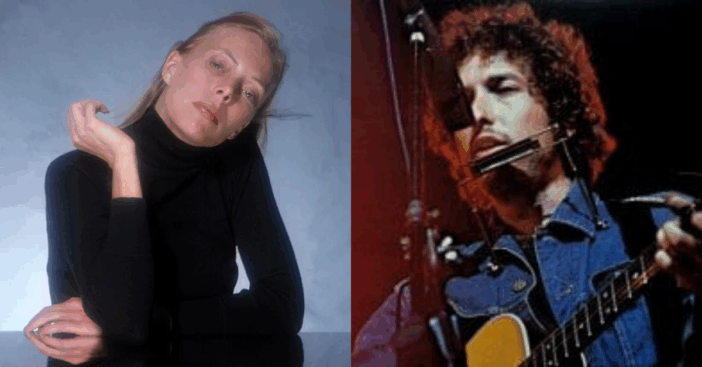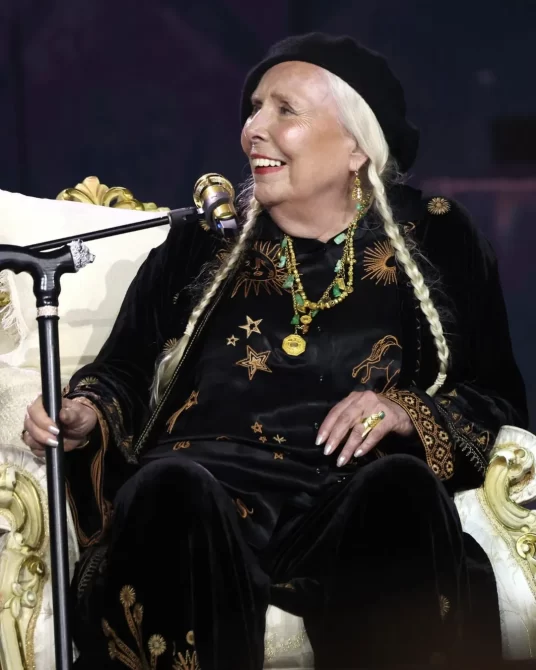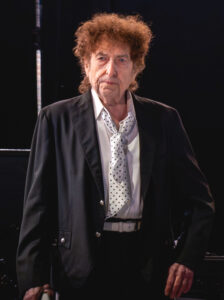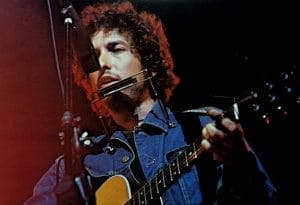
Joni Mitchell and Bob Dylan have long shared a complicated relationship in the world of folk music. While both are celebrated as pioneers and icons of the 20th century, Mitchell has never shied away from voicing her criticisms of Dylan publicly. Fans of folk music often discuss their contrasting approaches, as Mitchell’s candid opinions have sparked discussion across decades. For those interested in music history, this dynamic echoes the spirited rivalries seen in other iconic pairings, such as Simon & Garfunkel.
Despite their rivalry, both Joni Mitchell and Bob Dylan remain beloved figures. The tension between them has fascinated audiences, highlighting their differences in style, authenticity, and musical philosophy. The public exchanges between the two provide insight into the challenges of navigating fame, artistry, and personal expression. Mitchell’s critiques remind fans that even legendary musicians can hold very human opinions about their peers.
Public Criticism and Artistic Opinions

Joni Mitchell and Bob Dylan’s relationship has been defined by a mix of admiration and scrutiny. In a 2010 interview with the LA Times, Mitchell described Dylan as “not authentic at all” and labeled him a plagiarist. She explained that Dylan’s voice and persona were constructed, a character used to deliver his songs rather than a direct reflection of himself. These comments sparked discussion across the music world and reminded fans of Mitchell’s willingness to speak candidly about her contemporaries.

However, Mitchell has also clarified her statements. She admitted she appreciates many of Dylan’s songs and recognized his influence, even while questioning his musical gifts. She noted that his artistic persona allows for creativity, calling it a “mask of sorts” that enables him to explore musical possibilities. Through this lens, Joni Mitchell and Bob Dylan’s critiques highlight both her honesty and the complexity of their artistic interplay.
Personal Observations and Lasting Legacy

Beyond musical differences, Mitchell has shared more personal, lighter observations about Dylan, including his famously poor oral hygiene. Though minor, such remarks have added color to the narrative of Joni Mitchell and Bob Dylan’s interactions. They show that even folk legends are not immune to playful critique. At the same time, both artists continue to command respect for their contributions to music, demonstrating that talent and impact endure regardless of personal disagreements.

Ultimately, Joni Mitchell and Bob Dylan’s relationship is a fascinating chapter in the story of folk music. Their rivalry, commentary, and mutual influence offer fans a richer understanding of their legacies. While they may differ in opinion, both remain essential voices in shaping the sound and culture of their era.
